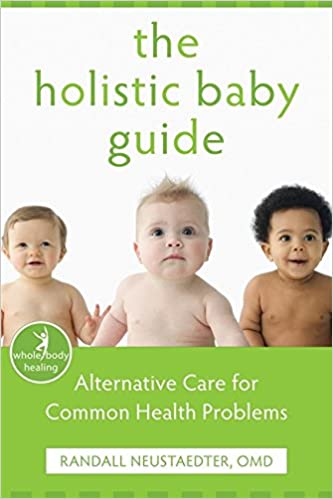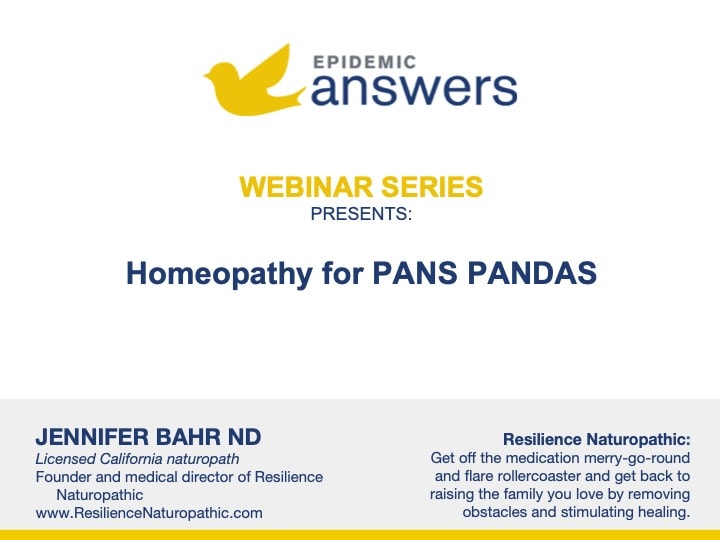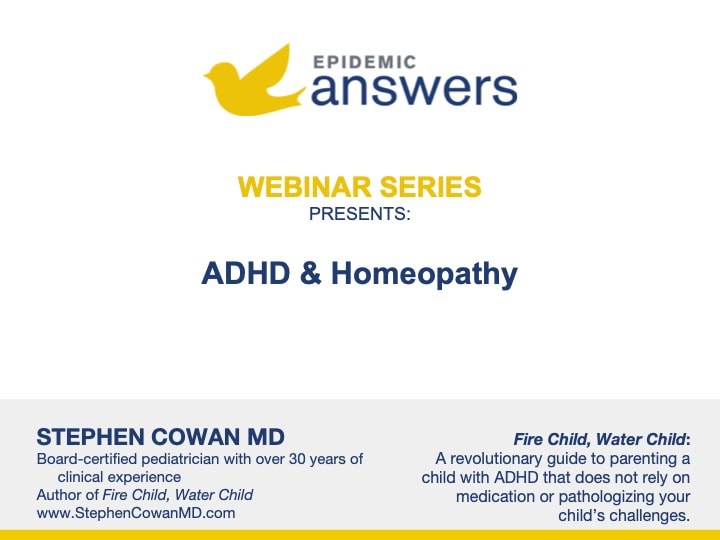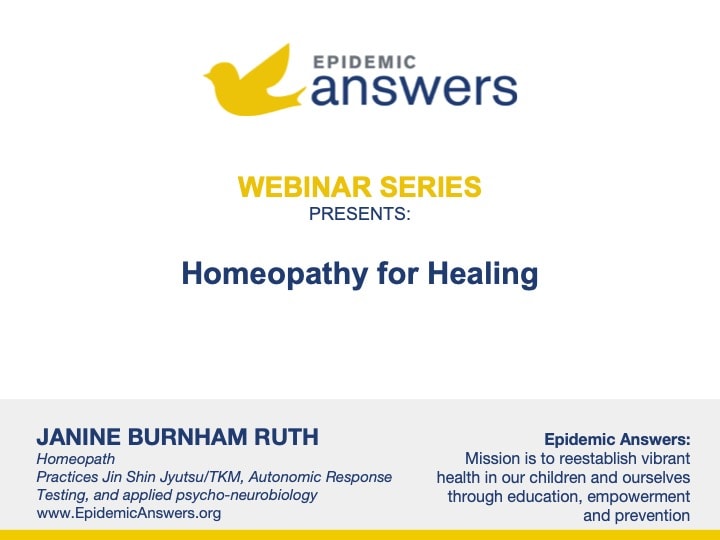What Is Homeopathy?
Homeopathy is energy medicine made from a diluted and succussed (shaken vigorously) tincture of a natural substance. Substances used are flowers, plants, minerals, healthy tissue, animal venom, even diseases. After the tincture is created, it is poured over and absorbed by blank pellets or pills, dried, and placed in vials. Vials are referred to as homeopathic remedies.
This diluted tincture contains an energetic imprint that resonates and supports the natural healing response, reversing or improving symptoms of illness.
Through the dilution and succussion process, no actual substance remains inside the remedy. Only the essence, the energy of the substance, remains.
Homeopathy works on a physics level, so it does not interfere with pharmaceuticals, herbs, vitamins, or supplements that work on a biochemical level. Homeopathy supports an individual’s life force energy, also referred to as qi, ki, chi, source, and vital force.
Homeopathy is extremely versatile.
- Classical homeopathy treats the whole person, referred to as a “constitutional remedy”, to clear chronic issues and maximize overall vitality.
- As an allopathic, homeopathy can be used for everyday issues such as colds and the flu, mild eczema, or anxiety before a test.
- Combination remedies contain remedies and potencies popular for everyday ailments such as allergies, acne, and stress.
Homeopathy is most effective when it is prescribed by a licensed homeopath. However, individuals can easily use it for their children and themselves for common ailments such as colds and stress.
What Happens During a Homeopathy Appointment?
The first visit usually lasts one to two hours. During the visit, the homeopath will review the patient’s medical history with the parent and child, and and attempt to elicit a full picture of the patient’s symptoms—mental, emotional, and physical. A limited physical exam may or may not be needed. A homeopathic remedy will be chosen to match the patient’s symptom profile.
Sometimes a homeopath will need to follow up after the appointment, as several hours of case taking may be needed to research and select the remedy. Scheduling follow-up visits will vary depending on the needs of the patient and the practitioner’s philosophy; intervals of four to six weeks are typical. A follow-up visit normally lasts 30–60 minutes.
How Can Homeopathy Help My Child?
Homeopathy can dramatically improve, even reverse, symptoms that have not been successfully addressed with standard routes of care. It’s also great as a complement and support for any protocol. The potential of using a completely different medical system can be profound, especially with complex, chronic symptoms.
Other pros to consider:
- It is energy medicine, so there are no absorption issues or interfering of other medicines, vitamins or supplements.
- It is safe for small children, pets, and pregnant and nursing women.
- It is regulated by the FDA.
- There are typically no side effects, unlike traditional medication.
- It is affordable (a remedy is about $7-$10)
- It is gentle, so it’s a great choice for sensitive individuals.
- It is made from natural substances.
How Do I Know What Potency to Use and What Do They Mean?
Practitioners and laypeople use 30c for general treatment. For localized, milder, and acute symptoms, lower than 30c is typically used. 200c is a common potency for more serious emotional and physical issues. Paradoxically, the more dilute the remedies are, the stronger they are. However, stronger isn’t always better. Potency depends upon the symptom picture (the collection of symptoms you are addressing in a person).
Remedies are labeled with a number followed by an x (10) , c (100) or m (1,000), indicating their potency (strength). An “x” means the remedy was made from one drop of mother tincture and 9 drops of water/alcohol for a total of ten drops. A “c” means the remedy is made from one drop of mother tincture out of 100 drops.
While professional homeopaths use potencies higher than “m” in their practice, “m” represents the strongest potency used by patients that are commercially available.
Aconite 12x means the tincture was succussed and diluted 12 times.
What You May Have Heard about Homeopathy
One thing to note is that the word homeopathy is not a general or “umbrella” term that describes a variety of different natural therapies. It is its own, unique therapeutic system. Homeopathy is not naturopathy, Chinese medicine or herbal medicine.
Classical homeopaths typically practice homeopathy only. Naturopaths, MDs, DOs, NPs, PAs, dentists, chiropractors, acupuncturists, midwives, and veterinarians may also use homeopathy along with other medicine systems in their practices.
Homeopathy is not new. In fact, it is older than conventional medicine and has been established since the 1700s.
How Does Homeopathy Differ from Conventional Medicine?
Conventional medicine is based on the Law of Opposites (bring a fever down with Advil, prescribe an anti-histamine for allergies). Conventional medicine focuses on the biochemistry of cells, tissue, and organs utilizing pharmaceutical medication, therapies and surgeries. Homeopathy is based on a rule of nature called the Law of Similars. This law states that “like cures like,” or that a medicine can help a sick person if it can cause a similar sickness in a healthy person.
Homeopathy treats the energy field (vital force) of the body that organizes and controls the growth and repair of cells, tissue, and organs. This is done by prescribing a remedy that resonates and matches the individuals symptoms, triggering a reversing of symptoms. For example, if you peel an onion, your eyes burn, itch and water. You might also have a runny nose and begin to sneeze.
If you had similar symptoms during a cold or allergy attack, such as a runny nose, watery eyes and sneezing, a homeopathic micro-dose of the remedy Allium cepa (made from red onion) could help your symptoms improve.
Homeopathy also recognizes that each person exhibits his or her disease in a unique and slightly different way. That is why two people with the same disease will not necessarily receive the same homeopathic remedy. A cold sufferer with a stopped-up nose and dry eyes would receive a different remedy than one with a runny nose and watering eyes.
Unlike the “one size fits all” approach to prescribing often used in conventional medicine, a homeopath chooses a remedy that matches the unique symptom profile of the individual.
Still Looking for Answers?
Visit the Epidemic Answers Practitioner Directory to find a practitioner near you.
Join us inside our online membership community for parents, Healing Together, where you’ll find even more healing resources, expert guidance, and a community to support you every step of your child’s healing journey.
Sources & References
Bell, I.R., et al. Homeopathic medications as clinical alternatives for symptomatic care of acute otitis media and upper respiratory infections in children. Global Adv Health Med. 2013 Jan;2(1):32-43.
Jacobs, J., et al. Homeopathic treatment of acute otitis media in children: a preliminary randomized placebo-controlled trial. Pediatric Infect Dis J. 2001 Feb;20(2):177-83.
Rossi, E., et al. Homeopathy in paediatric atopic diseases: long-term results in children with atopic dermatitis. Homeopathy. 2012 Jan;101(1):13-20.
Taylor, J.A., et al. Homeopathic Ear Drops as an Adjunct in Reducing Antibiotic Usage in Children With Acute Otitis Media. Global Pediatr Health. 2014 Nov 21;1:2333794X14559395.
Witt, C.M., et al. Homeopathic medical practice: long-term results of a cohort study with 3981 patients. BMC Public Health. 2005 Nov 3;5:115.
Witt, C.M., et al. How healthy are chronically ill patients after eight years of homeopathic treatment?–Results from a long term observational study. BMC Public Health. 2008 Dec 17;8:413.
Resources
Books
Cowan, Stephen Scott. Fire Child, Water Child: How Understanding the Five Types of ADHD Can Help You Improve Your Child’s Self-Esteem and Attention. New Harbinger Publications, 2012.
Dean, Carolyn. Homeopathic Remedies for Children’s Common Ailments. Keats Publishing, 1995.
Herscu, Paul. The Homeopathic Treatment of Children: Pediatric Constitutional Types. North Atlantic Books, 1991.
Herscu, Paul. Stramonium: With an Introduction to Analysis Using Cycles & Segments. New England School of Homeopathy Press, 1996.
Reichenberg-Ullman, Judyth, et al. A Drug-Free Approach to Asperger Syndrome and Autism: Homeopathic Care for Exceptional Kids. Prima Publishing, 1996.
Reichenberg-Ullman, Judyth, et al. Ritalin-Free Kids: Safe and Effective Homeopathic Medicine for ADHD and Other Behavioral and Learning Problems.




